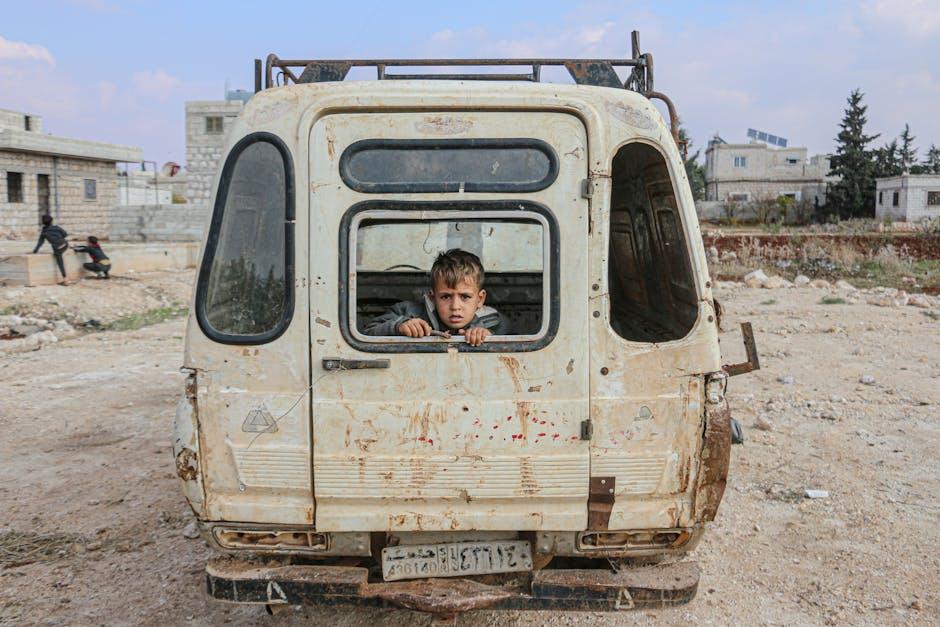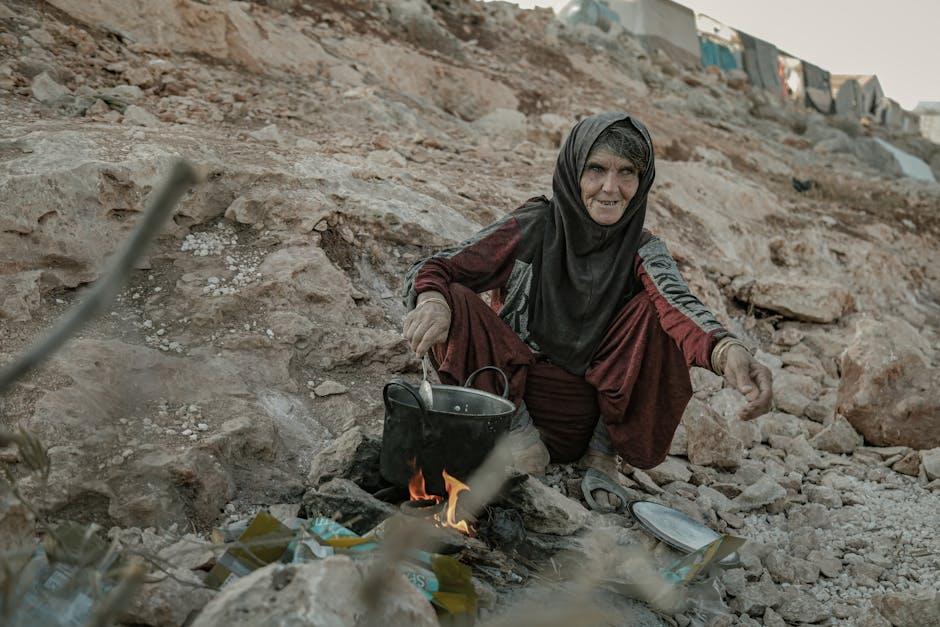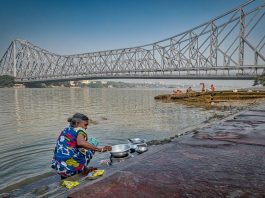In a world where family vacations are often synonymous with amusement parks, sandy beaches, and all-inclusive resorts, a growing number of parents are contemplating a different kind of journey—one that veers off the beaten path and ventures into the heart of extreme poverty. As families seek to instill values of empathy, gratitude, and global awareness in their children, the question arises: Should kids witness the stark realities of poverty firsthand? This thought-provoking topic invites a nuanced exploration of the potential impacts, both enlightening and challenging, that such experiences can have on young minds. As we delve into this complex issue, we aim to navigate the delicate balance between education and exposure, understanding the profound lessons that lie beyond the comforts of home.
Understanding the Impact of Exposure to Poverty on Young Minds
In the realm of child development, exposure to diverse environments plays a significant role in shaping young minds. When children are exposed to extreme poverty, their understanding of the world is often challenged and expanded. Such exposure can lead to a range of psychological and emotional responses. On one hand, it may cultivate empathy and a sense of social responsibility. Kids might begin to recognize the disparities in the world and develop a drive to contribute positively to society. On the other hand, it could also result in confusion or distress, particularly if they lack the maturity or support to process what they’ve witnessed.
- Empathy Development: Witnessing hardship can enhance children’s capacity for empathy, making them more compassionate and understanding.
- Heightened Awareness: Children might become more aware of socio-economic differences, prompting questions and deeper understanding.
- Emotional Distress: Without proper guidance, exposure can lead to feelings of helplessness or anxiety.
Ultimately, whether or not to expose children to such realities should be a carefully considered decision. Parents should weigh the potential benefits against the possible emotional impacts, ensuring that any exposure is accompanied by appropriate discussions and support. This approach can help children process their experiences constructively, leading to a more nuanced understanding of the world around them.
Balancing Educational Value with Emotional Well-being
When planning family trips that might expose children to the stark realities of extreme poverty, it’s crucial to strike a balance between educational value and emotional well-being. Witnessing poverty firsthand can be a powerful lesson in empathy and gratitude, offering children a perspective on their own lives and privileges. However, it’s important to ensure that such experiences are framed constructively, encouraging understanding rather than fear or guilt.
- Preparation: Discuss with children what they might see and feel, providing context to help them process their observations.
- Support: Be available for conversations during and after the trip, ensuring they feel safe to express their thoughts and emotions.
- Engagement: Encourage involvement in community support activities, fostering a sense of empowerment rather than helplessness.
Ultimately, these experiences should be a part of a broader narrative about global diversity and social responsibility, equipping children with a balanced understanding of the world and their role within it.

Preparing Children for Encounters with Poverty
Introducing children to the realities of poverty can be a challenging but profoundly important experience. It is crucial to approach this topic with sensitivity and awareness, ensuring that the experience is both educational and compassionate. Here are some key considerations:
- Age-Appropriate Conversations: Tailor your discussions to your child’s age and maturity level. Younger children might benefit from simple explanations, while older kids can engage in deeper discussions about economic disparities.
- Encourage Empathy: Help children understand that poverty is a complex issue by encouraging them to think about the lives and stories of the people they meet. This can foster empathy and a sense of global citizenship.
- Focus on Positivity: Highlight the resilience and resourcefulness of people living in poverty, rather than solely focusing on their hardships. This can inspire children to appreciate diverse perspectives and solutions.
As you prepare for these encounters, consider discussing the broader social and economic systems at play. Encouraging children to ask questions and express their feelings can lead to meaningful conversations that promote understanding and compassion. Through these thoughtful approaches, family trips can become valuable opportunities for children to witness and reflect on the complexities of the world.

Guidelines for Parents Navigating Challenging Travel Destinations
Navigating challenging travel destinations with children requires a delicate balance of empathy and education. It’s crucial for parents to prepare their children emotionally before exposing them to extreme poverty. This can be achieved by engaging in open conversations about the socioeconomic disparities they may witness, helping them to understand the complexities without feeling overwhelmed. It’s also beneficial to research the cultural context of the destination, providing children with a framework to appreciate the resilience and resourcefulness of the communities they encounter.
To ensure a respectful and enriching experience, parents might consider the following tips:
- Engage in community-based tourism to support local economies and provide children with authentic cultural interactions.
- Encourage empathy by discussing ways to help, such as supporting local charities or participating in meaningful volunteer activities.
- Foster reflection by maintaining a travel journal where children can express their thoughts and feelings about what they observe.
By approaching such experiences thoughtfully, parents can turn exposure to poverty into an opportunity for their children to develop compassion and a deeper understanding of global issues.




